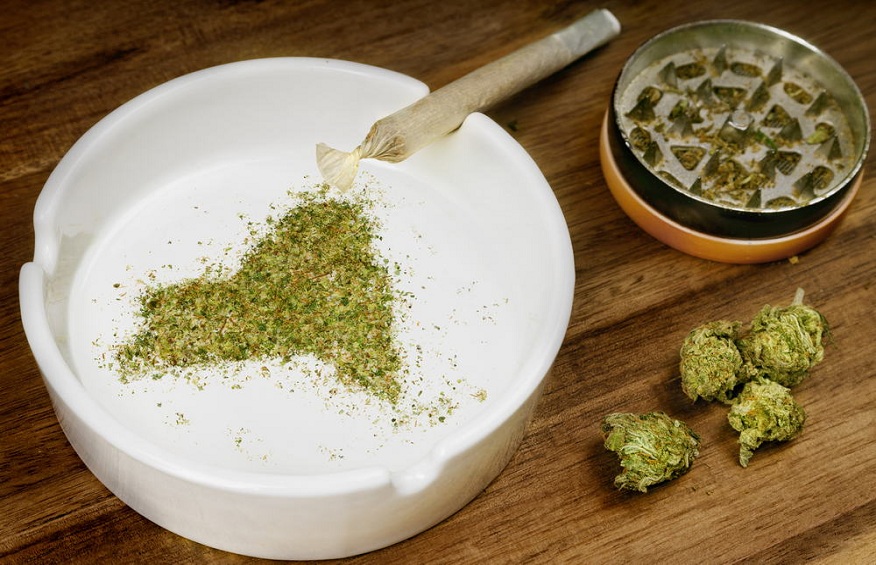
I have done a ton of research on medical cannabis in the many years I’ve been writing about the subject. I find it fascinating that so many proponents say they simply want medical cannabis to be treated just like any other prescription drug. Here is the problem: it’s not. In fact, medical cannabis is vastly different from prescription drugs on many levels.
I understand calls to treat medical cannabis like other prescription drugs. I understand Utah Marijuana’s explanation of a state law that requires public employers to treat medical cannabis the same way they treat other prescription drugs in their employment policies. I do not even necessarily disagree with the Utah statute. But that still doesn’t make medical equal to other prescription medications.
It Is Not Prescribed
The fundamental difference at the very core of the issue is the fact that medical cannabis is not prescribed. It can’t be. Cannabis, in any form containing more than 0.3% THC by volume, is illegal under federal law. States moving to legalize medical cannabis doesn’t change that.
Because medical cannabis is not prescribed, patients are essentially left to self-medicate. Any dosage guidelines offered by medical providers are just that: guidelines. Patients still go ahead and medicate in whatever way they deem best.
Dosage and Delivery Vary
Hand-in-hand with the fact that medical cannabis isn’t prescribed is the reality that dosage and delivery vary from one patient to the next. Even individual patients have been known to change up dosage and delivery on a regular basis. Why? Because there literally are no standards.
Delivery methods run the gamut from smoking to vaping to tinctures to edibles. The thing about delivery methods is that each one is slightly different in how it gets THC into the system. Smoking is still the preferred option because THC delivery is nearly instant. Edibles are the delivery method of choice when users willing to wait for the effects to kick in do so in exchange for a longer-lasting high.
The Companion Recreational Market
The third reason medical cannabis is not just like any other prescription drug is the most profound of all: medical cannabis competes with a companion recreational market in many states. Utah isn’t one of them, but neighboring Colorado is.
Ask yourself this question: if you were a medical cannabis user in a state with a legal recreational program, would you go through the hassle and expense of obtaining a medical cannabis card when you could just visit your neighborhood dispensary and buy recreational marijuana instead?
Here is a follow-up question: would you even bother to purchase legal marijuana at a pharmacy or recreational dispensary if you could get much cheaper pot from a street dealer? Your answers to these two questions perfectly illustrate why medical cannabis isn’t just like any other prescription drug.
Medical Cannabis Is an Outlier
As a permanently disabled American, I understand the need for alternative medical treatments. I am in full support of medical cannabis even though I do not use it myself. At the same time, I am not naive enough to believe that medical cannabis is just like any other prescription drug. It is not. Medical cannabis is an outlier.
It will remain an outlier as long as the recreational market remains and medical cannabis is not regulated in the same way prescription painkillers, antibiotics, etc. are regulated. To believe otherwise is to deny the realities of the marijuana market.
Marijuana proponents and critics alike would do well to take a more pragmatic approach to marijuana. Marijuana’s realities look nothing like the picture we have painted for ourselves.

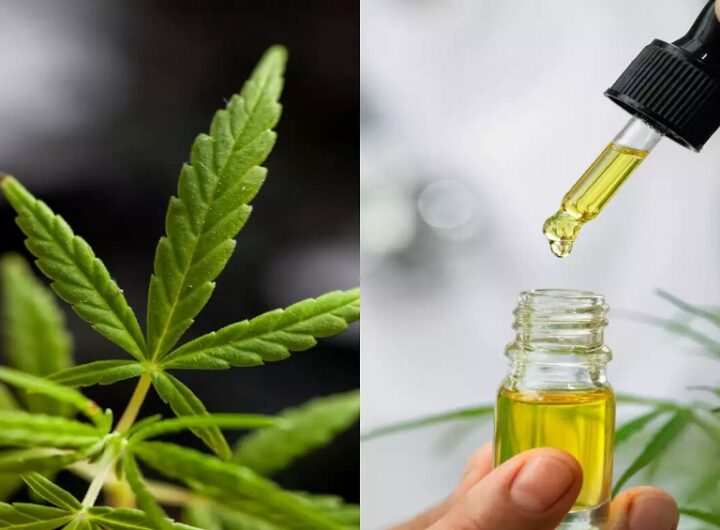 Experience the Power of Vijaya Extract in Improvement of Your Health and Vitality
Experience the Power of Vijaya Extract in Improvement of Your Health and Vitality  Pain Relief and Relaxation Redefined: Diamond CBD’s THC Gummies
Pain Relief and Relaxation Redefined: Diamond CBD’s THC Gummies 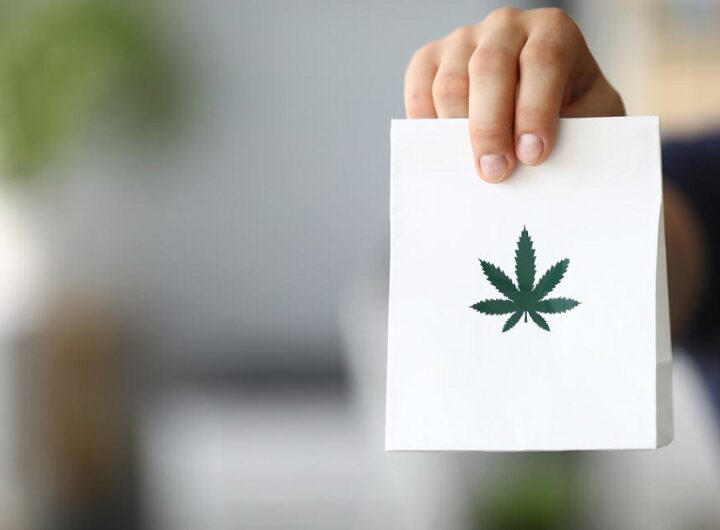 Surprised That Weed Delivery Hasn’t Taken Off? You Shouldn’t Be
Surprised That Weed Delivery Hasn’t Taken Off? You Shouldn’t Be 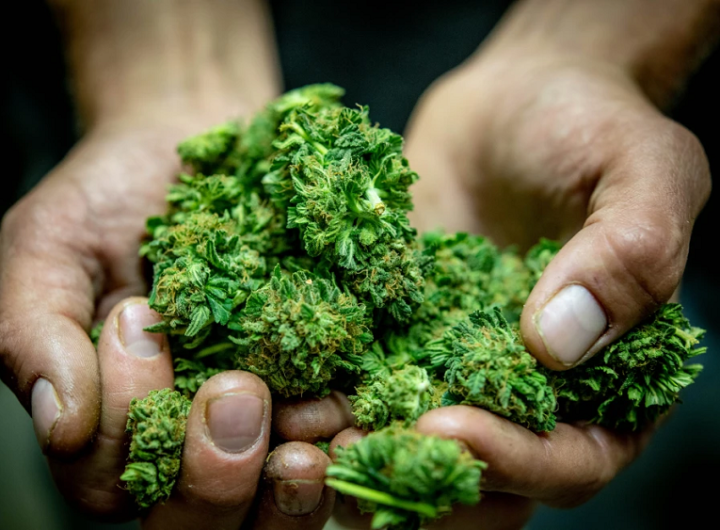 Tips for Breezing Through Drug Tests for Weed
Tips for Breezing Through Drug Tests for Weed 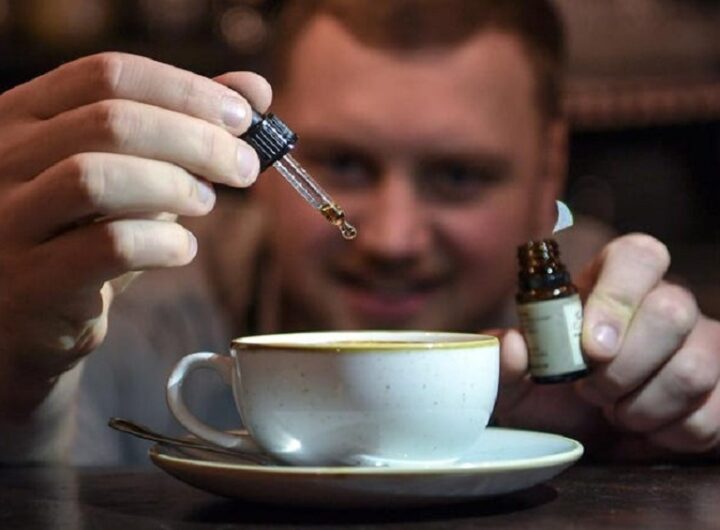 The benefits and what to expect when taking cbd gummies
The benefits and what to expect when taking cbd gummies  Want to buy the best THCv gummies?
Want to buy the best THCv gummies? 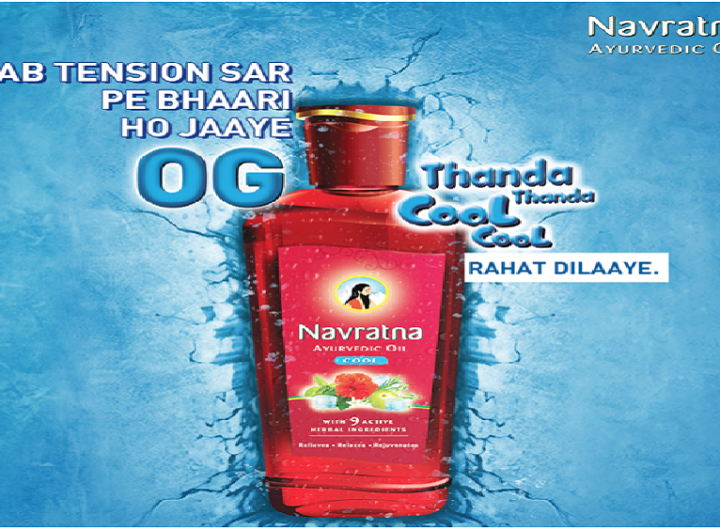 Discover the Power of Herbal Head Massage: Ultimate Stress Relief Oils Guide
Discover the Power of Herbal Head Massage: Ultimate Stress Relief Oils Guide  The Significance of Personalized Dental Appliances in Modesto
The Significance of Personalized Dental Appliances in Modesto  Dental Fillings and Tooth Decay Prevention
Dental Fillings and Tooth Decay Prevention  Shots for Safety: How Vaccines Keep Your Pet Healthy
Shots for Safety: How Vaccines Keep Your Pet Healthy